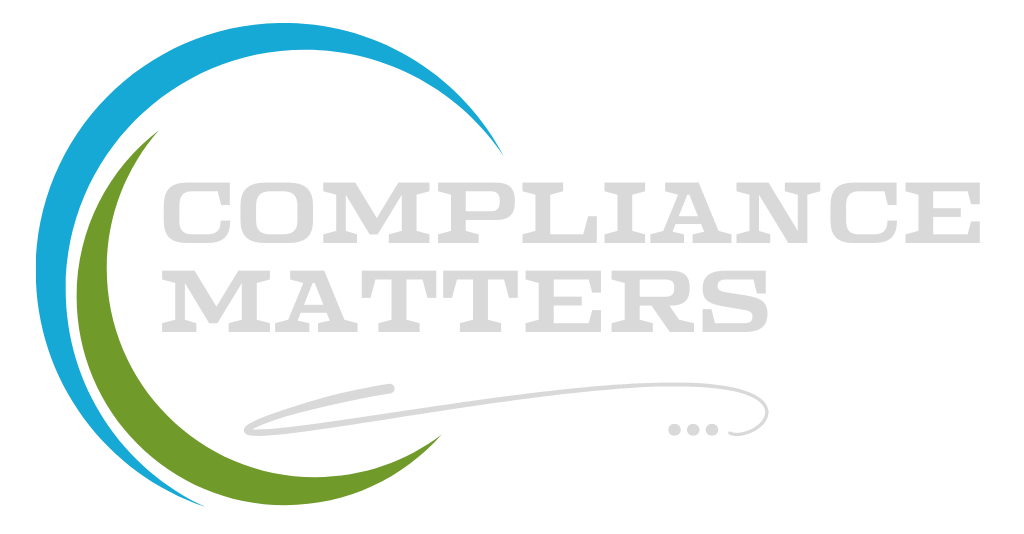Legal at home but not at work
In 2018 the Constitutional Court decriminalised the use of cannabis in a private space, that is, at home. The workplace, however, is not a private space.
Cannabis contains a chemical substance known as THC, and this substance stays in the user’s system for days, weeks or – in the instance of chronic users – it can stay in the user’s system for months. This may result in urine and saliva tests showing that an employee is in breach of a zero-tolerance policy.
The Labour Court has confirmed that for cannabis, there are no tests which can determine the level of impairment, and therefore proof of impairment is not required as with alcohol – it is automatically assumed that one is under the influence of cannabis due to its intoxicating nature.
In Enever v Barloworld Equipment the employee repeatedly tested positive and was finally dismissed. Conceding that she was a chronic user, she said she used it for medicinal purposes as she suffered from anxiety and migraines, and smoking cannabis provided relief. She failed to provide any medical evidence to support her claims. She claimed her dismissal was discriminatory and automatically unfair. The Labour Court disagreed and upheld the dismissal.
In SGB Cape Octorex (PTY) Ltd v MEIBC and Others the employee was seen smoking dagga at the workplace. Subsequent urine and saliva tests both showed that he tested positive for THC. Having breached the zero-tolerance policy, the employee was dismissed.
The matter finally ended in the Labour Appeal Court which upheld the dismissal and found that the employer can adopt its own disciplinary rules and set the standards of conduct it required from its employees.
In Marasi v Petroleum Oil & Gas Corporation of SA (SOC) the employee was training to be a traditional healer. This training required him to use cannabis. Having done so he was refused access to the workplace (suspended without pay) and told that he would only be able to come back onto the premises once he no longer tested positive. The employee complained that this was unfair as he was being discriminated against because of his culture.
The Labour Court disagreed and held that it was an inherent requirement of his job at a petrochemical plant that he could only enter the plant when he tested within the prescribed safety limits.
Although the private use of cannabis is perfectly legal, once an employee enters the workplace, the employer’s zero-tolerance policy prevails. That means that employees who test positive for THC in their systems at work faces a sanction of dismissal.

